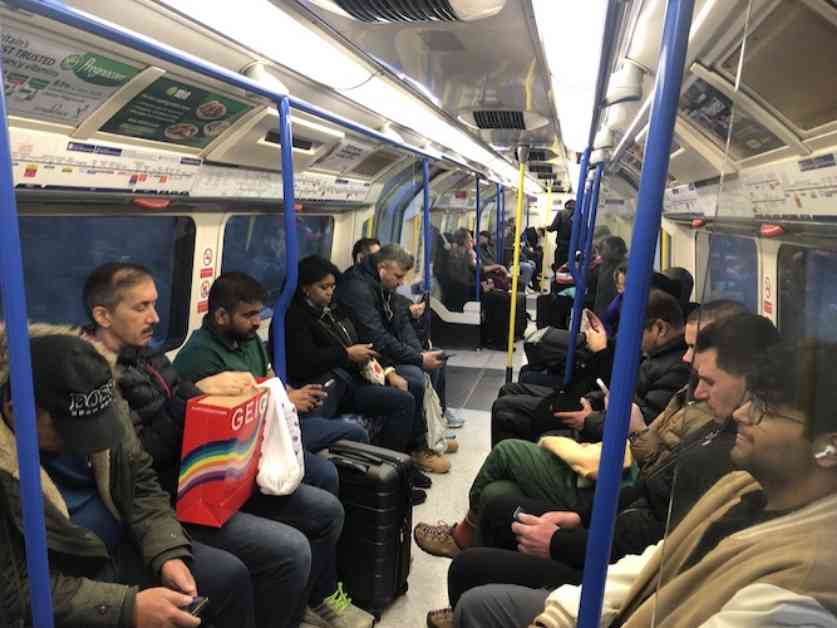Understanding TfL’s ‘Off-Peak Fridays’ Trial
Londoners were left scratching their heads after the recent announcement of the results of the Transport for London (TfL) ‘Off-Peak Fridays’ trial. The 13-week experiment, initiated by Mayor Sadiq Khan, aimed to assess whether discounted fares on Fridays could boost ridership on London rail services. However, the trial faced harsh criticism from various quarters, with some labeling it a “flop” and a “damp squib”.
Implications for London’s Transport System
Despite the negative feedback, the trial did shed light on some critical issues concerning TfL and the city’s transport network as a whole. With the ongoing pandemic impacting tube and rail ridership, TfL is facing a significant revenue challenge. The organization heavily relies on fare income to maintain and enhance its services, making the return of passengers a top priority.
Commissioner Andy Lord’s recent statement to the London Assembly highlighted the concerning trend of lower demand growth, posing a threat to TfL’s financial sustainability. The potential decline in service quality could further deter passengers, complicating efforts to fund essential upgrades and improvements.
The Future of London’s Commuting Landscape
While the ‘Off-Peak Fridays’ trial did not yield the desired results, it sparked crucial conversations about the factors influencing commuter behavior. Professor Travers emphasized the need for further research to identify what motivates people to choose specific travel days and how TfL can attract them back.
Mayor Khan’s focus on reviving office attendance and TfL’s exploration of innovative ideas reflect a broader effort to adapt to changing commuter patterns and economic shifts. The potential shift towards a polycentric economic model and the call for a more community-centric transport system signal a transformative phase for London’s infrastructure.
Charting a New Course for London
As London navigates through economic uncertainties, the city’s development blueprint under Mayor Khan’s leadership is pivotal. With proposals for more housing in the city center and a strategic focus on enhancing transport connectivity, Londoners await the unveiling of the new London Plan in March with bated breath.
In the midst of evolving work dynamics and lifestyle preferences, the future of London’s transport system and urban landscape hangs in the balance. As stakeholders grapple with the challenges ahead, the resilience and adaptability of TfL and the city as a whole will determine their ability to thrive in the post-pandemic era.





















